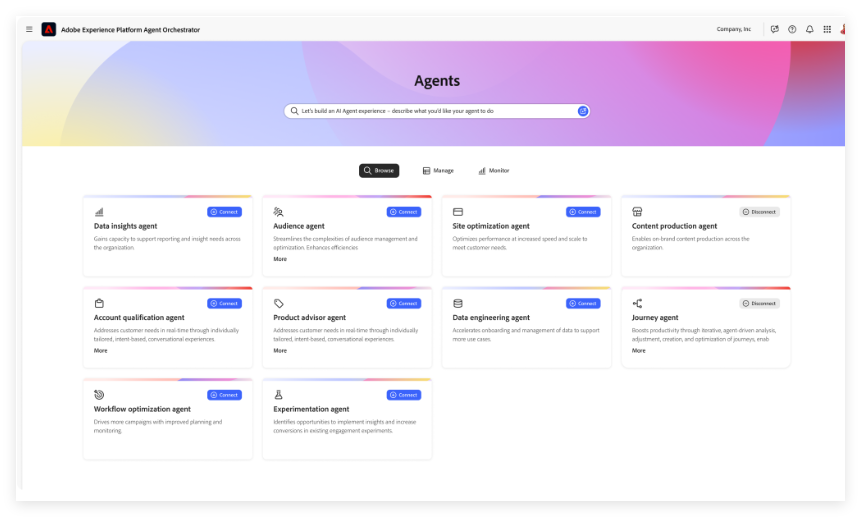In March 2025, the White House was embroiled in a media firestorm due to an epic blunder: National Security Advisor Michael Waltz mistakenly added The Atlantic's editor-in-chief Jeffrey Goldberg to a Signal encrypted group chat, resulting in the complete exposure of US military operations against Houthi rebels in Yemen. This leak not only severely damaged US national security but also exposed the vulnerability of traditional privacy protection systems—when technological convenience combines with management negligence, even the most secure systems can collapse due to a single misstep.
Tongfu Shield's Privacy Agent "Happy Pig (PIG)": AI Agent Collaboration to Solve Privacy Dilemmas
Tongfu Shield launched its Privacy Agent, codenamed "Happy Pig (PIG)," to provide users with a worry-free privacy experience. By reconstructing the group chat security paradigm using a multi-agent collaborative framework (InterAgent), it achieves a dual innovation of "privacy computing + dynamic authorization."

Scenario 1: Privacy Attribute Tag Identification for New Group Members
Pain Point: In the White House incident, Goldberg, not identified as a "high-risk individual," was able to infiltrate the core group. Traditional methods rely on manual review, which is inefficient and prone to omissions.
PIG Solution:
1. Distributed Feature Extraction:
User terminal Agent (PIG-Client) processes data locally in an encrypted manner, generating privacy tags (e.g., "Occupation: Journalist," "Data Access Frequency: High Risk");
The federated learning model (PIG-Model) dynamically updates classification rules, avoiding the risk of centralized data aggregation.
2. Multi-Party Secure Verification: Homomorphic encryption ensures data encryption throughout its lifecycle, multi-party secure computation (MPC) enables cross-domain collaborative computation, and zero-knowledge proof (ZKP) provides verifiable evidence, forming a complete privacy computing closed loop.
3. Smart Contract Access Control: Risk scores are automatically compared against group rules via on-chain contracts, and unauthorized requests are intercepted in real time.
Scenario 2: Multi-Party Authorization and Decryption of Group Information
Pain Point: The White House group chat relied on a single administrator's authority, allowing Secretary of Defense Mark Esper to "leak" operational plans with a single click.
PIG Solution:
1. Hierarchical Key Management:
Group messages are double-encrypted using "AES-256 + threshold signature," with key fragments stored in compliant Agent (PIG-Guard), audit Agent (PIG-Watcher), and legal Agent (PIG-Lawyer).
2. Dynamic Authorization Mechanism: In highly sensitive scenarios like group chats, sensitive information decryption requires joint approval from multiple authorized parties, preventing single-point leaks.








